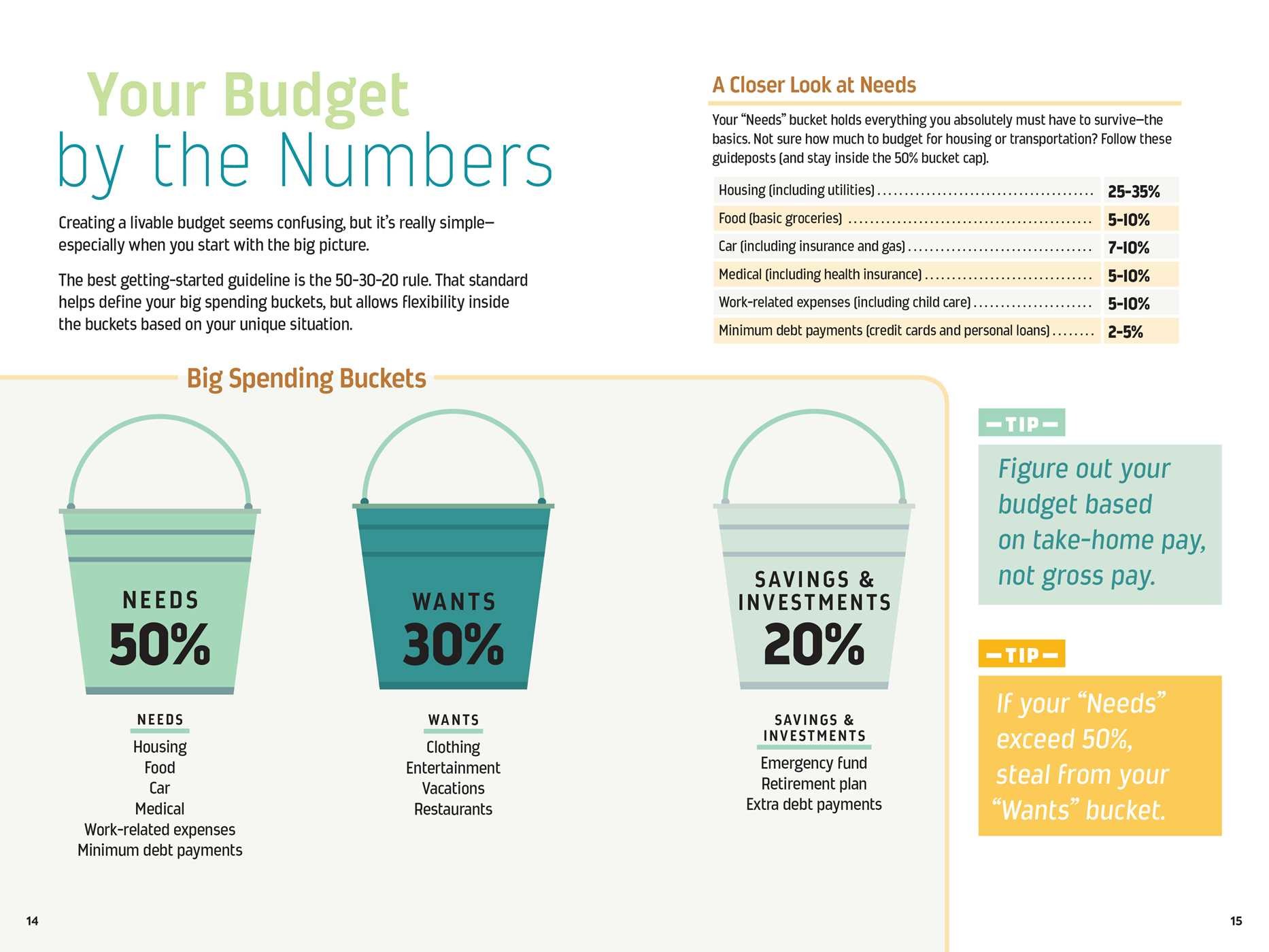Defaulting On An Efficiency Bond Can Have Significant Financial Consequences.This Can Result In A Variety Of Economic Influences, Consisting Of:
Defaulting On An Efficiency Bond Can Have Significant Financial Consequences.This Can Result In A Variety Of Economic Influences, Consisting Of:
Blog Article
Material Create By-
When a surety problems an efficiency bond, it ensures that the principal (the celebration that buys the bond) will certainly accomplish their commitments under the bond's terms. If the principal stops working to satisfy these obligations and defaults on the bond, the guaranty is in charge of covering any kind of losses or problems that result.
1. Loss of online reputation: Back-pedaling a performance bond can damage the principal's reputation and integrity, making it more challenging to safeguard future business or financing.
2. Legal and management costs: The guaranty may require to pay lawful and administrative expenses related to seeking the principal for damages or trying to remedy the circumstance.
3. Economic losses: The surety may need to cover the expense of completing the task or giving the solutions that the principal fell short to deliver. This can cause substantial economic losses for the guaranty.
4. Increased premiums: If the principal has a background of defaulting on performance bonds, they might be called for to pay greater premiums in the future to acquire the needed bonding.
Overall, back-pedaling an efficiency bond can have serious monetary repercussions for both the principal and the guaranty. It is very important for principals to carefully consider their commitments and guarantee they have the ability to meet the terms of the bond to prevent these unfavorable outcomes.
Defaulting on a performance bond can be a costly misstep for companies. When you stop working to satisfy the bond's obligations, the financial repercussions can be considerable. From paying the full bond amount to prospective lawful battles and harmed relationships, the consequences can resound throughout your company procedures. Understanding the complex web of monetary influences that defaulting on a performance bond can have is important for safeguarding your firm's monetary health and track record.
Financial Penalties for Defaulting
If you default on a performance bond, you'll likely face significant punitive damages. These charges can vary depending upon the terms of the bond arrangement however typically entail paying the bond quantity in full to the obligee. This means that if you fail to fulfill your contractual commitments, you must pay the bond total up to the job owner or the entity that required the bond.
In addition, you might additionally be accountable for any type of additional prices sustained by the obligee because of your default, such as discovering a substitute specialist or covering task delays.
Defaulting on an efficiency bond can likewise lead to lawful charges and court costs if the obligee chooses to take legal action against you to recover the bond amount. These costs can quickly add up, more aggravating the financial effect of your default. It's necessary to meticulously evaluate and comprehend the terms of the performance bond to stay clear of these serious punitive damages.
Influence On Business Capital
Defaulting on an efficiency bond can considerably impact your organization capital, influencing economic stability and operational capacities. When you back-pedal an efficiency bond, you take the chance of shedding the bond quantity, which can be a considerable sum. This loss directly influences your capital, as you'll need to locate alternate resources of moneying to cover the bond amount. Furthermore, skipping can cause boosted examination from sureties, making it more challenging and a lot more pricey to safeguard bonds in the future. This can even more strain your capital as you may require to designate added sources to satisfy bonding requirements.
The effect on your cash flow doesn't quit there. Defaulting on an efficiency bond can also result in job delays or cancellations, causing a loss of income. Additionally, the unfavorable track record that features skipping can deter prospective customers, further reducing your capital. Generally, back-pedaling a performance bond can have damaging effects on your service's financial wellness and capability to run smoothly.
Lawful Ramifications and Lawsuits
Dealing with lawful ramifications and potential suits due to back-pedaling an efficiency bond can dramatically influence your organization's reputation and financial standing. When learn here -pedal an efficiency bond, the surety company might take lawsuit to recoup the bond amount paid out. This could cause expensive legal costs, court expenses, and possible settlements or judgments versus your business.
Furthermore, defaulting on a performance bond might lead to damaged partnerships with clients, subcontractors, and distributors, influencing your ability to protect future agreements. license bond insurance emerging from bond defaults can tarnish your organization's credibility in the market, making it testing to attract brand-new companions or customers.
In addition, if the default brings about a court judgment against your service, it might lead to possession seizure or liens, further straining your monetary stability. As a result, it's critical to recognize the legal effects of defaulting on an efficiency bond and take aggressive steps to reduce the risks included.
Final thought
As you face the consequences of defaulting on a performance bond, remember this: it's like strolling a tightrope without a safety net. One incorrect relocation can send you dropping into a monetary freefall, without any method to quit the autumn.
best insurance bonds , capital influence, and legal ramifications are all waiting to catch you if you slip up. So tread meticulously, and always recognize your commitments to stay clear of the harsh consequences of default.
